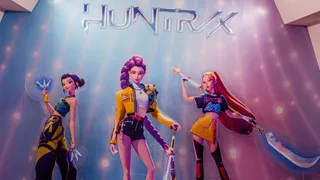
George RR Martin among US authors to sue OpenAI
Authors Guild members, including the 'Game of Thrones' writer and Jodi Picoult, file a fresh lawsuit against the ChatGPT owner | Suit is ‘merely the beginning’ of action to protect authors | Case is latest in a raft of allegations by creators who claim the generative AI tool stole their work.
Already registered?
Login to your account
If you don't have a login or your access has expired, you will need to purchase a subscription to gain access to this article, including all our online content.
For more information on individual annual subscriptions for full paid access and corporate subscription options please contact us.
To request a FREE 2-week trial subscription, please signup.
NOTE - this can take up to 48hrs to be approved.
For multi-user price options, or to check if your company has an existing subscription that we can add you to for FREE, please email Adrian Tapping at atapping@newtonmedia.co.uk

